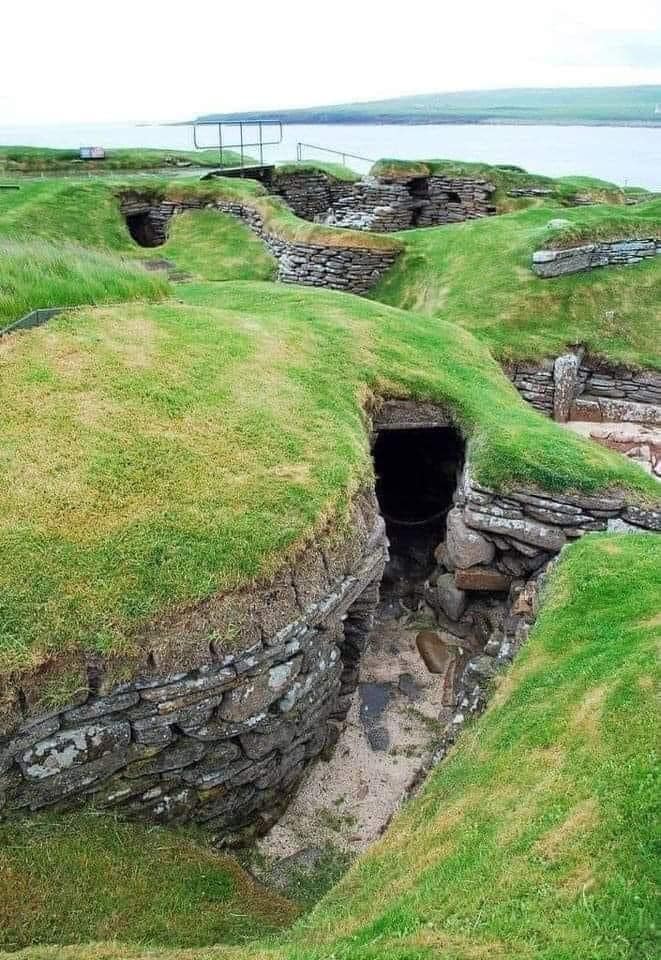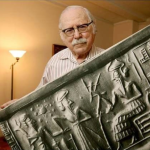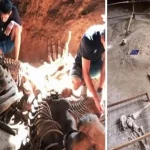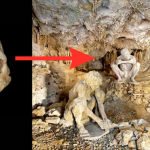Secret Village Older than Egypt’s Great Pyramids Discovered in Scotland

In 1850, a Scottish farmer stumbled upon an extraordinary find: a hidden village older than Egypt’s Great Pyramids. Named Skara Brae, this ancient settlement has captured the fascination of archaeologists, earning it the moniker “Scottish Pompeii.”
Located on the remote Orkney Islands, Skara Brae offers a rare glimpse into prehistoric life, estimated to have housed around 100 people. What sets Skara Brae apart is its advanced architecture for its time. The interconnected stone houses, each equipped with stone doors, were ingeniously designed to withstand harsh weather and provide security.
Archaeologists believe that Skara Brae thrived around 5,000 years ago, during the Neolithic period. The village layout, with its interconnected passages linking the homes, suggests a close-knit community with shared resources and possibly a communal way of life.
Excavations at Skara Brae have revealed a trove of artifacts, including tools, jewelry, and pottery, shedding light on the daily lives and customs of its ancient inhabitants. The site’s preservation owes much to its burial under sand dunes for millennia, protecting it from erosion and human interference until its accidental discovery.
Skara Brae continues to be a focal point for archaeologists and historians, offering invaluable insights into early human civilization and challenging conventional notions about ancient societies. As excavations and research continue, the secrets of Skara Brae promise to unravel more mysteries about our distant past.









